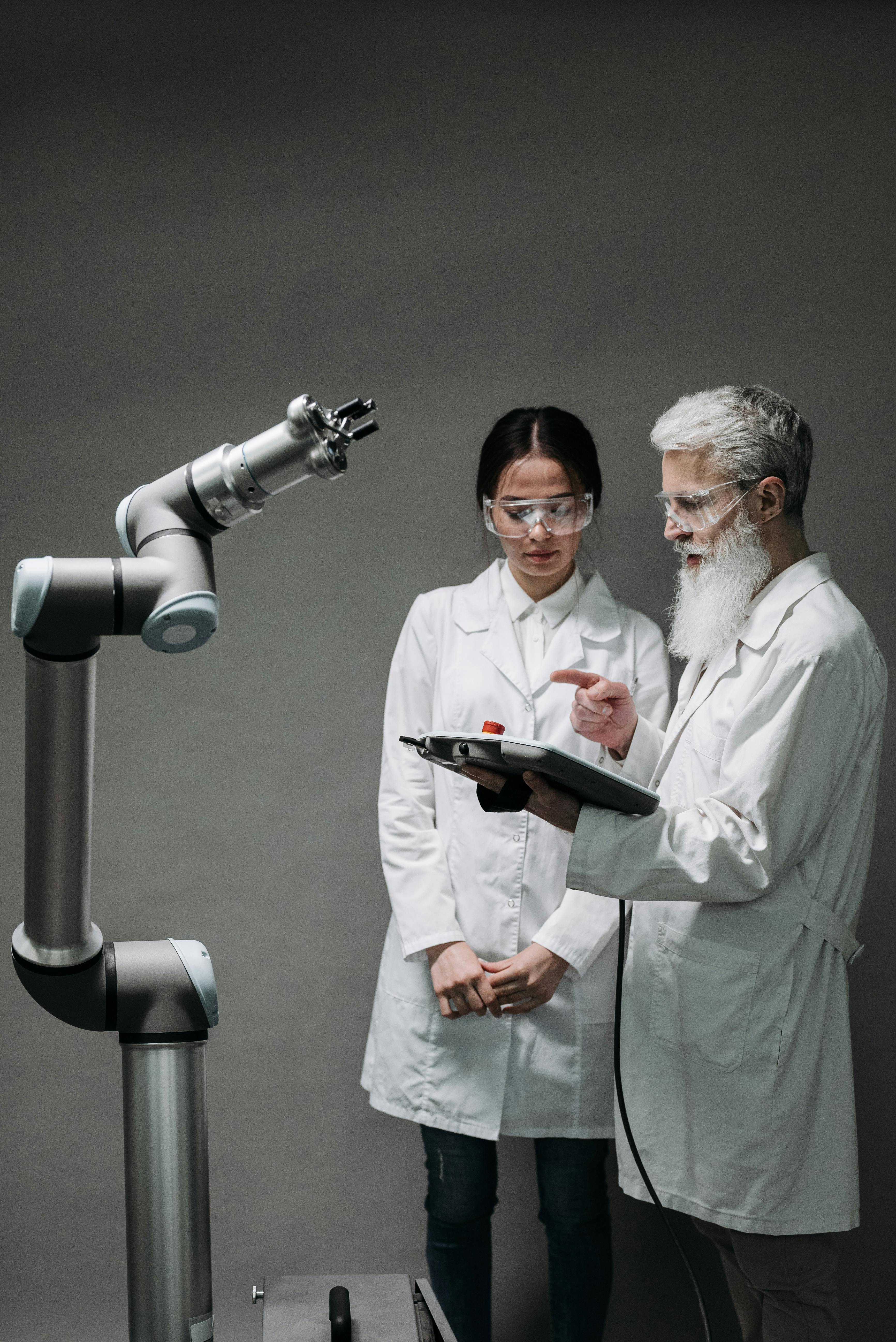In today's rapidly evolving academic landscape, artificial intelligence (AI) tools are increasingly becoming indispensable allies for researchers and students alike. These tools are streamlining complex processes, enhancing productivity, and unlocking new possibilities in research methodologies that were previously unimaginable. As research continues to grow in volume and complexity, AI provides solutions that help humans manage this surge seamlessly. Let’s explore ten key benefits of AI tools in revolutionizing research workflows.

1. Accelerating Literature Reviews
Conducting literature reviews is a foundational step in any research project. However, manually scouring through vast amounts of data can be time-consuming and prone to oversight. AI tools can efficiently parse through thousands of academic papers, extracting relevant data much faster than any human, allowing scholars to focus on analysis and synthesis. These tools utilize natural language processing (NLP) to understand and summarize large bodies of text, ensuring that nothing important is overlooked while providing a comprehensive overview of existing research.
2. Enhancing Data Analysis
Data analysis is at the heart of research work, and AI tools significantly contribute by automating complex analytical tasks. Machine learning algorithms can detect patterns and trends within large datasets that might be invisible to human analysis. By employing AI for data processing, researchers can ensure more accurate predictions and insights, pushing the boundaries of what's possible in fields such as genomics, neuropsychology, and climate science.

3. Facilitating Collaboration
Collaboration across disciplines and geographical boundaries has never been easier, thanks to AI-powered platforms. These tools enable seamless sharing and communication of data and ideas among researchers, regardless of location. AI enhances collaboration by creating a centralized hub where multiple contributors can access shared documents, track project progress, and contribute in real-time, making remote academic partnerships more productive and cohesive.
4. Automating Repetitive Tasks
AI tools excel at automating mundane, repetitive tasks that take up a significant portion of researchers' time. Actions such as data entry, scheduling, and routine admin tasks can be efficiently managed by intelligent systems, freeing up researchers to engage more deeply with their core investigative work. This automation reduces human error and increases efficiency, keeping researchers focused on innovation and discovery.
5. Improving Experiment Design and Simulation
In fields that rely heavily on experimentation, AI assists researchers in designing experiments and running simulations. By simulating various scenarios and predicting outcomes, AI helps optimize experiment parameters before they are conducted in real-world environments. This results in cost savings and time efficiencies, particularly valuable in resource-intensive research areas like aerospace, pharmaceuticals, and energy.

6. Personalizing Learning and Education
For students and educators, AI enhances the learning experience by offering personalized educational resources. Intelligent tutoring systems adapt to the learner’s pace and style, recommending materials and exercises tailored to individual learning paths. This personalized approach not only enriches the educational experience but also effectively supports research skills development among students by providing customized feedback and resources.
7. Enabling More Robust Peer Reviews
The peer review process is critical in maintaining the quality of published research, but it can be subjective and inconsistent. AI tools provide objective assessments by checking for factual errors, data manipulation, or bias in manuscripts. By offering detailed analyses of metrics not typically targeted by human reviewers, AI ensures a more thorough and impartial review process, enhancing the credibility and reliability of academic publications.
8. Archiving and Managing Research Data
AI technologies have transformed how researchers archive and manage their data. Intelligent archiving systems allow for the efficient storage and retrieval of research data, enabling seamless organization and accessibility. AI's capability to tag, categorize, and track large datasets ensures that data can be easily located and reused, enhancing reproducibility and saving time in future projects.

9. Securing Research Integrity
AI ensures the integrity of research by detecting anomalies in data that may indicate errors or fraud. Through advanced analytics, AI can identify inconsistencies across datasets, ensuring that the final research output is accurate and reliable. By catching potential errors early, AI safeguards the trustworthiness of scientific research, which forms the basis for future innovation and policy-making.
10. Accelerating Dissemination and Impact Measurement
Finally, AI enhances the dissemination of research findings through advanced automated systems that handle everything from language translation to citation analysis. Once research is published, AI analytics provide insights into how academic work is being used and cited, helping researchers assess the impact and reach of their work. This rapid dissemination expands the audience and increases the likelihood of collaboration and feedback, further driving innovation.
As we delve deeper into the future of research, AI stands as a catalyst for transformative change in academic and scientific enterprises. At SciSummary, we are dedicated to harnessing these advancements to empower researchers and students by providing cutting-edge AI tools that streamline and enhance their workflows. To discover how we can assist you in your academic endeavors, explore our services.